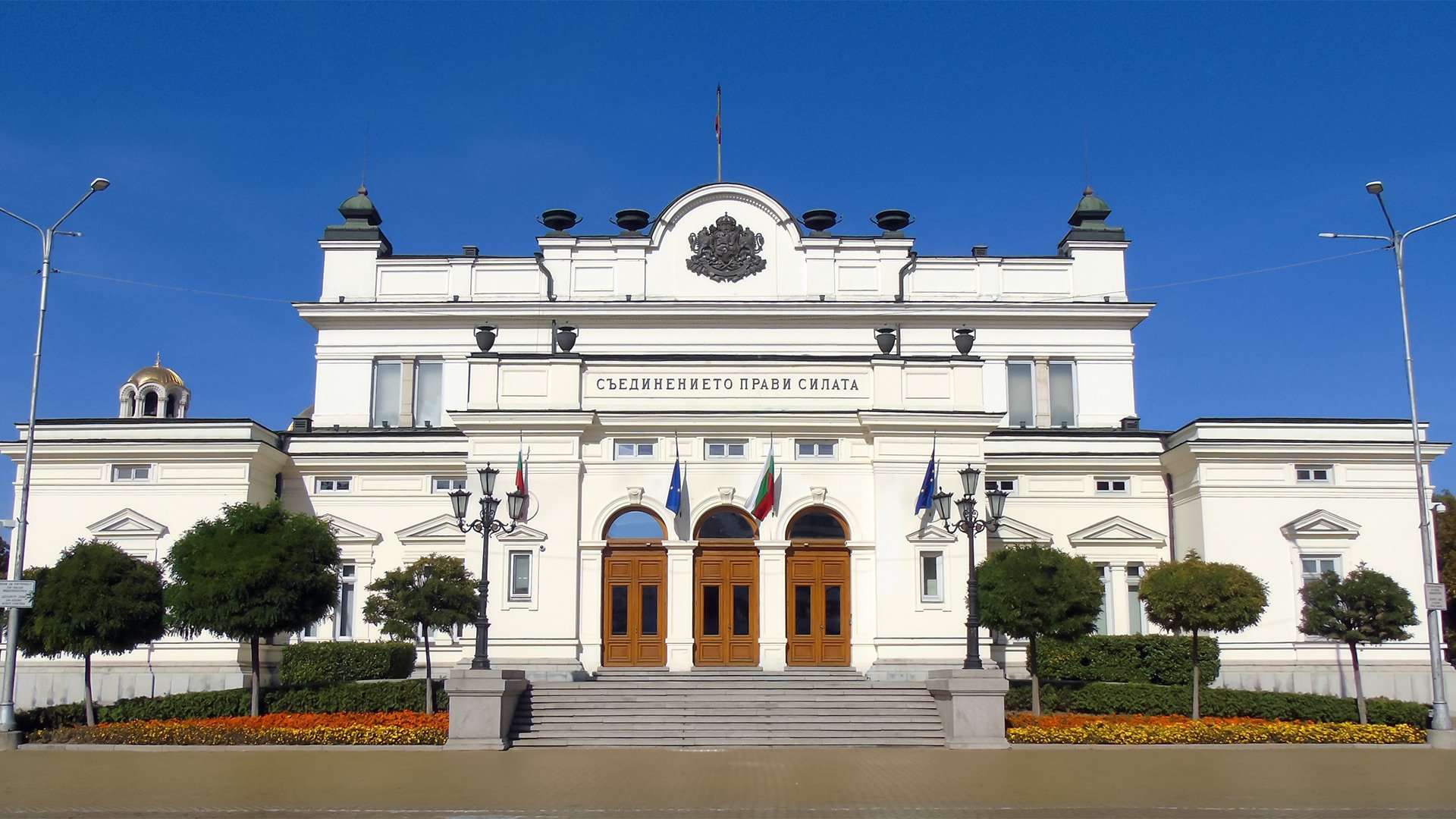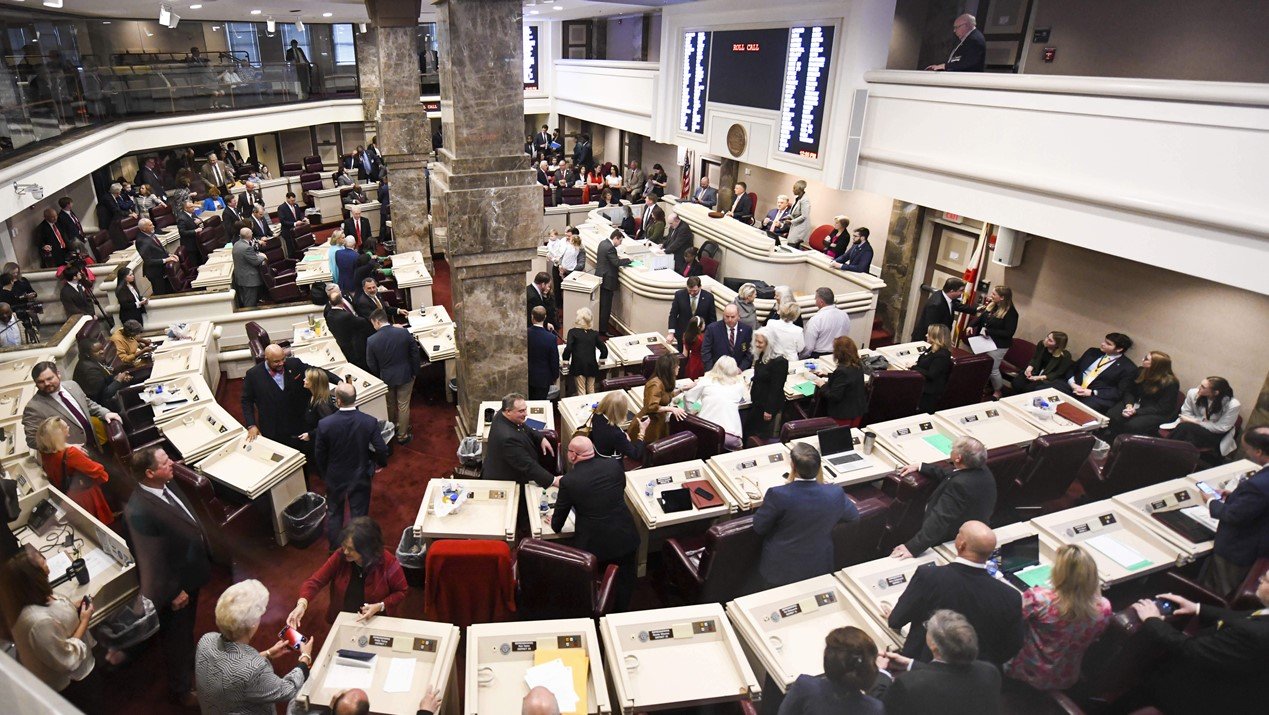Maine Governor vetoes sports betting bill

Gov. Janet Mills vetoed Friday proposed legislation that would have legalized sports betting in Maine.
Sen. Louis Luchini, D-Ellsworth, sponsored the sports betting bill and was disappointed by Mills’ veto. He was in San Diego on Friday at a conference for states with gambling and said Mills called to inform him of her decision shortly before she released her two-page veto message to the public.

Sen. Louis Luchini."I appreciate that she took a real thoughtful approach and researched the topic thoroughly and I’m willing to keep working on it to make it a more acceptable measure for anyone who has issues with it," Luchini said. He noted, however, that as many as 20 states, Puerto Rico and the District of Columbia are poised to legalize sports betting and collect tax revenue from it in 2020.
The bill, one of three Mills vetoed, was among 40 she had held since the end of the last lawmaking session in June, saying they had technical issues or needed additional work. The Legislature recalled 13 of the bills on Wednesday – the sports betting bill was not among them – to allow lawmakers to make changes to satisfy her concerns before sending them back to her for consideration.
The governor allowed the 24 other bills to become law without her signature, the Press Herald reports. Under the Maine Constitution, she had to make a decision on the bills before midnight Saturday.
Estimates on how much sports betting would be worth in Maine varied widely, but a fiscal note attached to the bill suggests that if it were fully implemented, originally scheduled to occur in 2023, the state would collect as much as $5 million a year in fees and taxes. However, sports betting revenue forecasts fell dramatically short in several states that legalized it in 2018 and 2019.
Supporters of the bill say millions of dollars in illegal sports betting, much of it online and with offshore entities, already is taking place in Maine without the state receiving tax revenue.
"Before Maine joins the frenzy of states hungry to attract this market, I believe we need to examine the issue more clearly; better understand the evolving experiences of other states; and thoughtfully determine the best approach for Maine," Mills wrote on her veto message. "That approach needs to balance the desire to suppress gambling activities now being conducted illegally and the need to protect youthful gamblers and those least able to absorb losses under a closely regulated scheme."
See the full Veto Letter here.
The bill would have prohibited betting on youth sports, including high school athletics, but left the door open to some amateur and semi-pro sporting events.
The sports betting bill, which would have given just about every entity with an interest in gambling a slice of the revenue, faced no formal opposition in the Legislature beyond some lawmakers voicing concern over problem gamblers. The bill would allow casino operators, off-track betting parlors, harness racing tracks and Native American tribes in Maine to host sports betting operations.
The veto will be the subject of an override vote, with a two-thirds majority in both the House and the Senate required to overturn Mills’ decision. The only roll-call vote on the bill taken in the Legislature so far was in the Senate last June, when the measure was approved, 19-15, with a mix of Republicans and Democrats both supporting and opposing the measures. The bill gained unanimous approval in subsequent votes.
Maine’s casino operators in Bangor and Oxford supported the measure, which would have allowed them to take sports bets at their facilities. They said sports betting was just one more activity that could help draw customers to their businesses and keep them competitive with casinos in the states that allow it.
House Minority Leader Kathleen Dillingham, R-Oxford, supported the measure – her district includes the Oxford Casino – and was disappointed by the governor’s action.
"Though there may remain questions concerning potential revenues from this industry, it is clear that many Mainers already participate in sports wagering," Dillingham said in an email Friday night. "I am concerned with our lack of oversight and the absence of consumer protections for those choosing to participate in this type of wagering."

















































